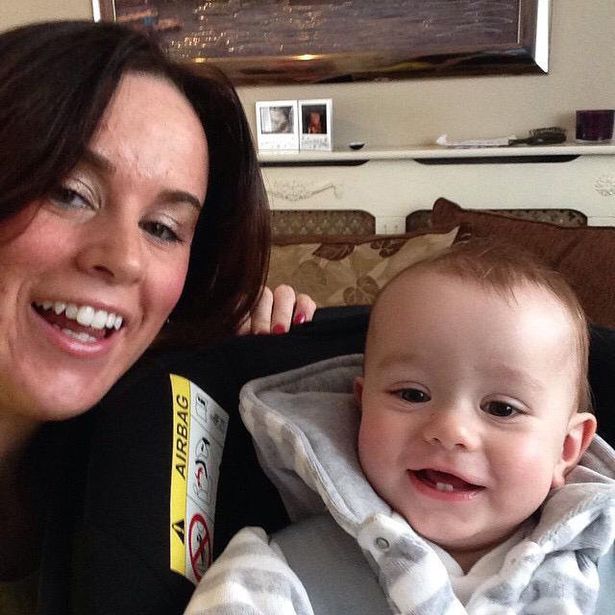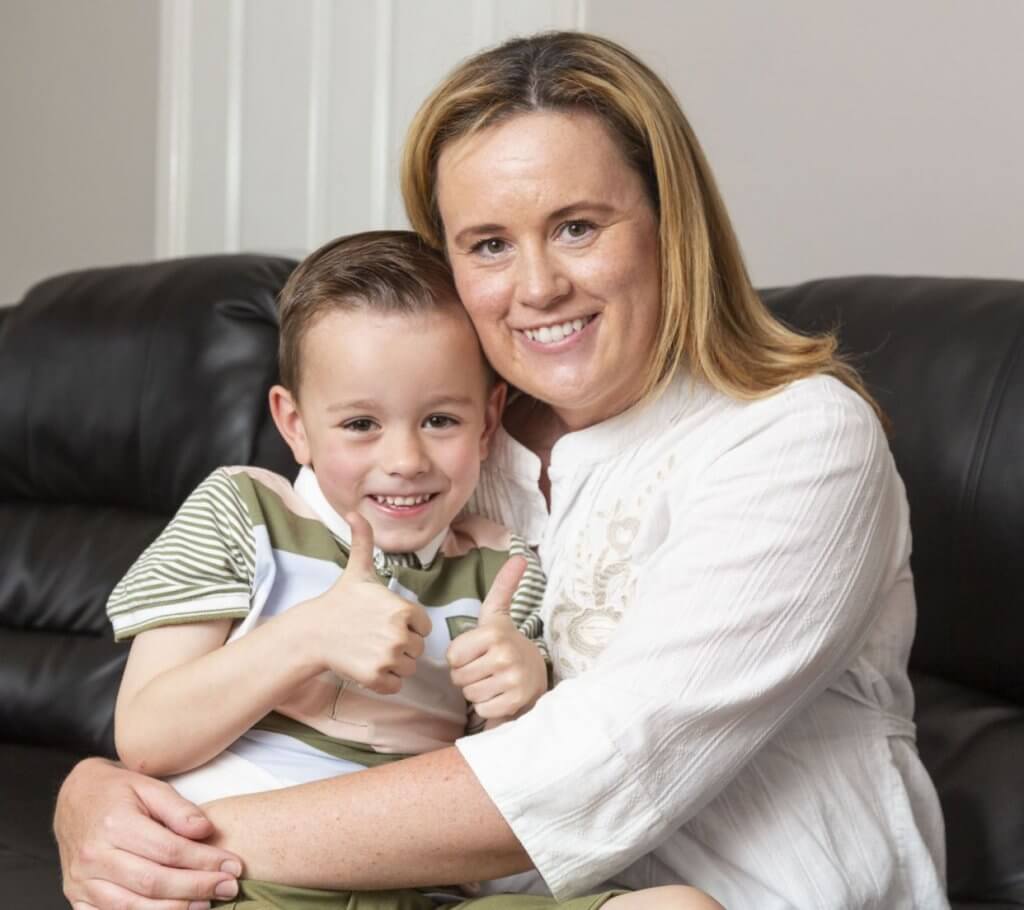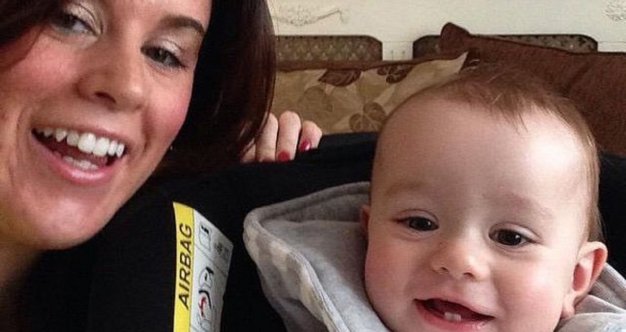Can breast cancer change the way your breast milk tastes to your baby?
This question comes after a somewhat shocking story of a now 37-year-old British woman named Joanne Carr, who says she was diagnosed with invasive breast cancer after her then 14-month-old son, Dougie, refused to feed from her right breast.
Read More
After bringing the lump to her primary care doctor's attention, Carr was given antibiotics at first and told to return to the doctor if the lump didn't go away.
"My gut feeling was that something wasn't right," Carr said. "I started to think the lump wasn't normal."
Carr (and her baby) were right. When she went to see a specialist, she underwent a breast biopsy and a series of imaging testsand found that she had invasive ductal carcinoma, which means breast cancer that has spread to the milk ducts.
RELATED: You Should Be Aware of These Signs of Breast Cancer
Luckily, Carr's diagnosis came early enough that she was able to successfully treat her cancer; she underwent eight rounds of chemotherapy, which shrunk her cancer enough for surgeons to go in and remove the remaining cells. Carr has now been in remission for over a year.
"I owe my life to Dougie," Carr said. "He must have known somehow. He was looking after me."

Breast Milk and Breast Cancer, According to the Experts
Can having breast cancer actually change the way that breast milk tastes? Can a baby's refusal to breastfeed be a sign of cancer?
We asked the experts whether there was any evidence of this.
Dr. Elizabeth Comen, an oncologist at Memorial Sloan Kettering Cancer Center and a medical advisor to SurvivorNet said that while she doesn’t know of any definitive data on breast cancer changing the way breast milk tastes, “it's certainly plausible that on the side which had cancer that perhaps there was less milk production." or altered production in such a way that the other breast was preferred," Dr. Comen said.
To be sure, there's a long list of reasons why a baby that was breastfeeding just fine before would suddenly reject the breast milk. Some are environmental factorssuch as the baby being overstimulated, or a major change in routinewhile others have to do with the mother eating certain foods, taking certain medications, or using certain lotions around the breast, all of which can affect the way the breastmilk tastes.
While there isn't research that shows that breast cancer specifically makes the breast milk taste less appealing for a baby, there have been studies showing that inflamed breast tissue generally can make breastmilk taste different.
This inflamed condition is called mastitis, and in 2014, a study published in the journal Breastfeeding Medicine found that "Tastes that were specifically associated with inflamed breasts appeared to include an increase in umami and saltiness." (Umami is used to describe a savory flavor).
And although this research was done in mastitis rather than breast cancer, certain types of inflammatory breast cancer have been known to cause symptoms similar to those of mastitis.
Know Your Breasts
In Joanne Carr's case, Dougie's aversion to her breast milk may have been the first thing to alert her something was off, but it was actually her breast self-exam that wound up being the most valuable.
Dr. Comen previously told us that breast self-exams should probably be done every month.
"It doesn't have to be exactly every month," Dr. Comen said, but the regularity is key, because when you're familiar with what your breasts feel like normally, you'll be more likely to notice when you feel something new.
RELATED: Getting to Know Your Breasts With Self-Exams
To conduct a breast self-exam, the National Breast Cancer Foundation recommends first standing in front of a mirror, placing your hands on your hips, and looking at your breasts for any swelling, bulging, redness, rashes, or changes in your breast or nipple shape. Then lift your arms in the air and do the same. After that, the next step is to lie down and use your right hand to examine your left breast and vice versa, using your first three fingers to apply pressurenot only on the breast itself, but on the areas around it.
"It's important to know that breast tissue can extend all the way up into the armpit," Dr. Comen said. "It can also extend closer to the clavicle."
Anything that feels abnormal, Dr. Comen said, is worth bringing up to your doctor. "It could be something totally unrelatedlike they have a rash, and so they have an enlarged lymph node," she said. But it could also be breast cancerand that's why it's smart to check.
Having said that, breast self-exams (or your baby rejecting your breast milk) cannot stand in for a mammogramwhich is still the best tool for detecting breast cancer.
RELATED: When Should I Get a Mammogram?
Learn more about SurvivorNet's rigorous medical review process.


